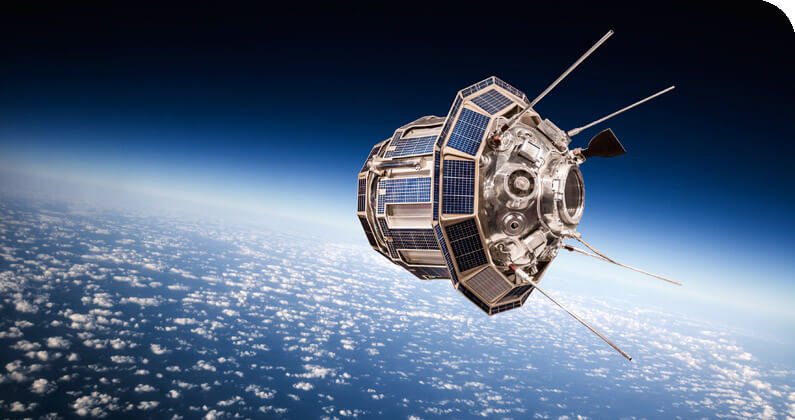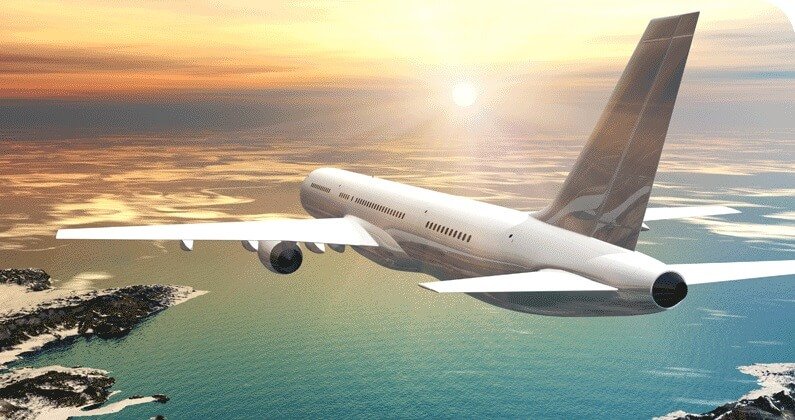Advanced Manufacturing in Aviation and Satellites
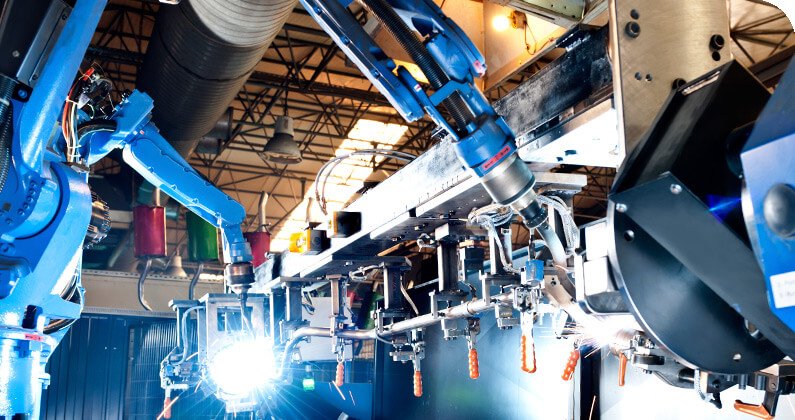
The advances in technology, communications, IT and robotics have transformed many industries including Manufacturing. The labor-intensive traditional manufacturing has evolved over the past few decades from a set of mechanical processes to an information technology-based processes of advanced manufacturing. This gradual change is a result of the disruptive innovation in the field of manufacturing which has been under the same set of challenges as other sectors of the industry.
Recent studies identified emerging trends in a global economy of advanced manufacturing. Over the next 10 years, advances in manufacturing will likely become increasingly networked.
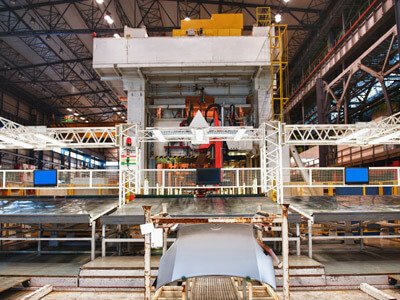
In 20 years, manufacturing is expected to advance to new frontiers, resulting in an increasingly automated and data-intensive manufacturing sector that will likely replace the traditional manufacturing ecosystem of today, thus resulting in true disruptive changes and paradigm shifts. The current manufacturing workforce has to be retrained and re-tooled in order to design, implement, operate and maintain these advanced manufacturing environments where an advanced workforce will be needed to control and sustain the disruption.
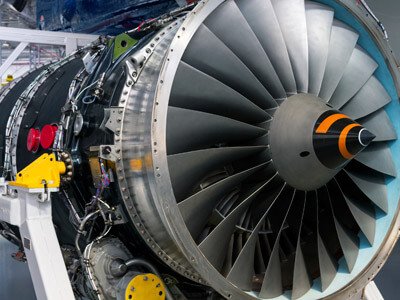
Examples of the industries witnessing change are Aviation, Aerospace, and Satellites. The future for advanced manufacturing in these industries is subject to the following converging trends:
- The ubiquitous role of information technology,
- The reliance on modeling and simulation in the manufacturing process,
- The acceleration of innovation in global supply-chain management,
- The move toward rapid changeability of manufacturing in response to customer needs and external impediments,
- And the acceptance and support of sustainable manufacturing.
